The Community Pets Program is a compassionate outreach program of Animal Care Centers of NYC (ACC). Our goal is simple: keep pets together with their human families by providing access to necessary health and welfare resources for pets. ACC’s Community Pets Program provides free pet vaccination and microchip clinics, dog training and cat behavior assistance, spay/neuter appointments, tenant advocacy and assistance with pet-related housing issues, and more. Scroll down for more details on each resource. For more information, please contact us.
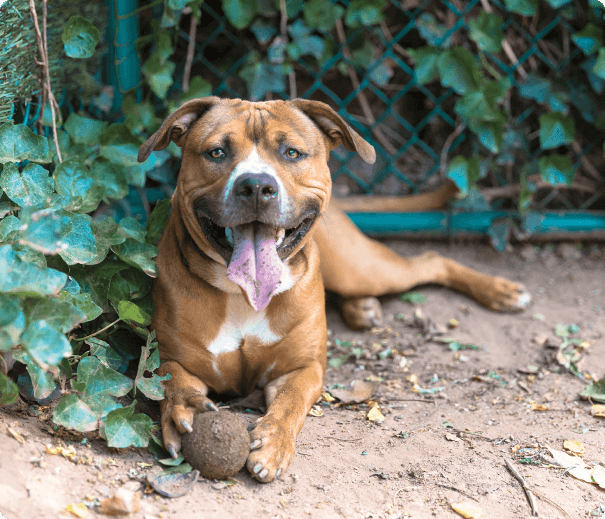
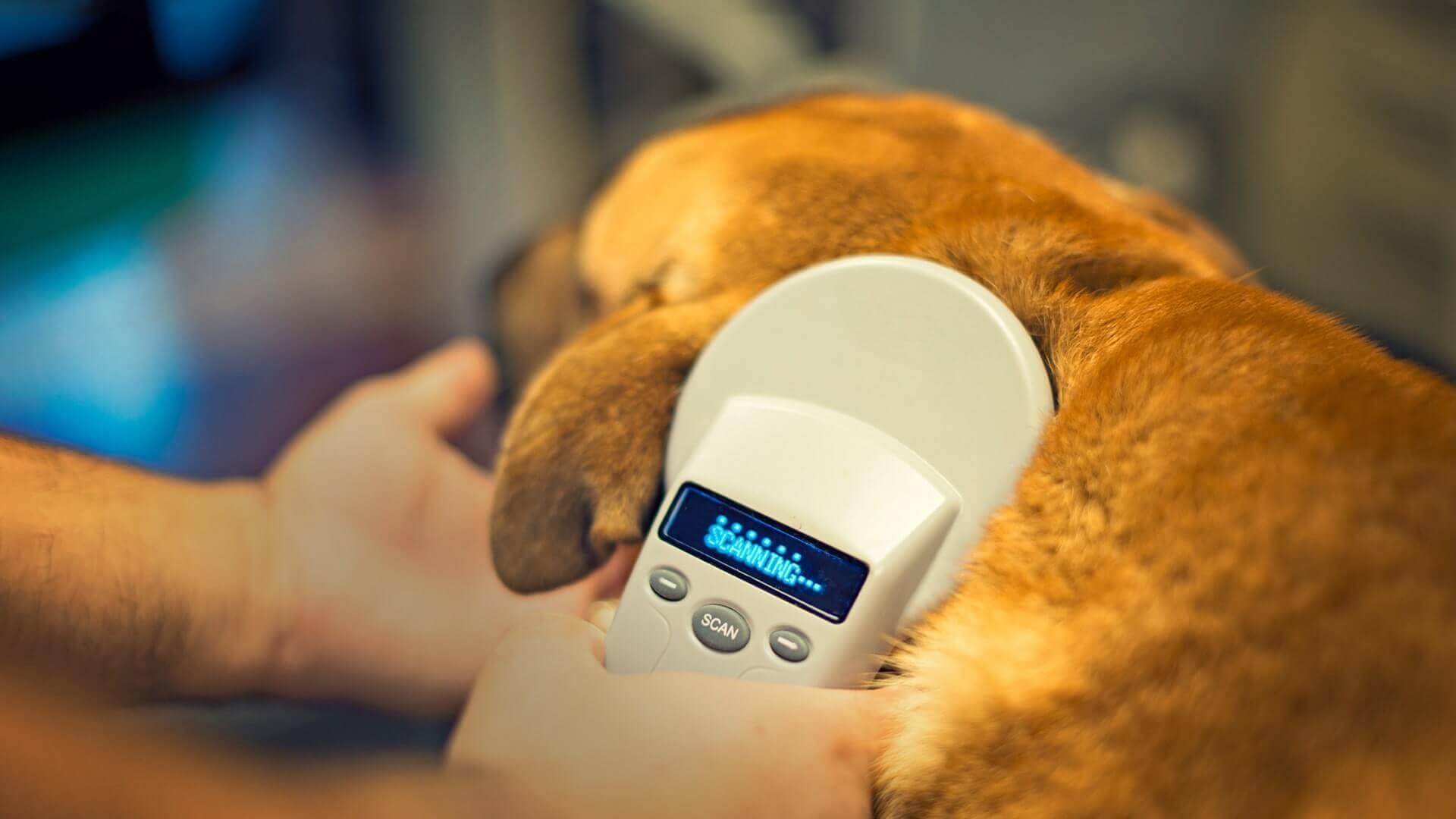
We hold free pop-up vaccine clinics in the Bronx and Queens, providing free vaccinations for dogs and cats (rabies, DA2PP, Bordetella, and FVRCP) and free microchips and referrals for free spay/neuter surgeries. At these clinics, we also take the opportunity to learn more about pet owners’ concerns and connect them with resources offered as part of the Community Pets program or through other agencies.
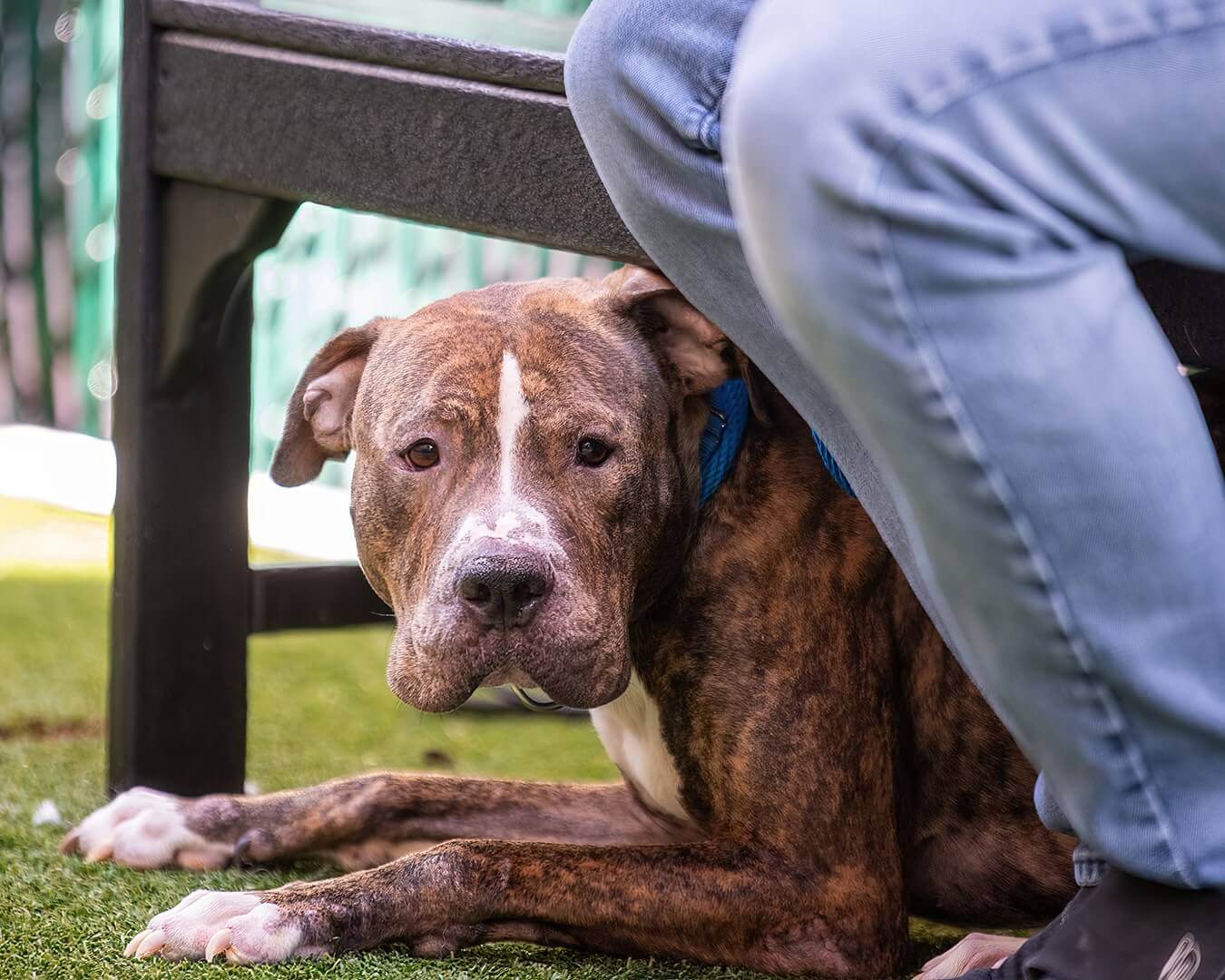
Through partnerships with local trainers and behavior experts, the Community Pets Program offers free dog training for dog owners in person or via Zoom/Facetime and free cat behavior assistance by phone to cat owners who need help. Our experts can help you solve behavior issues you may have thought were unsolvable. Contact us for assistance.
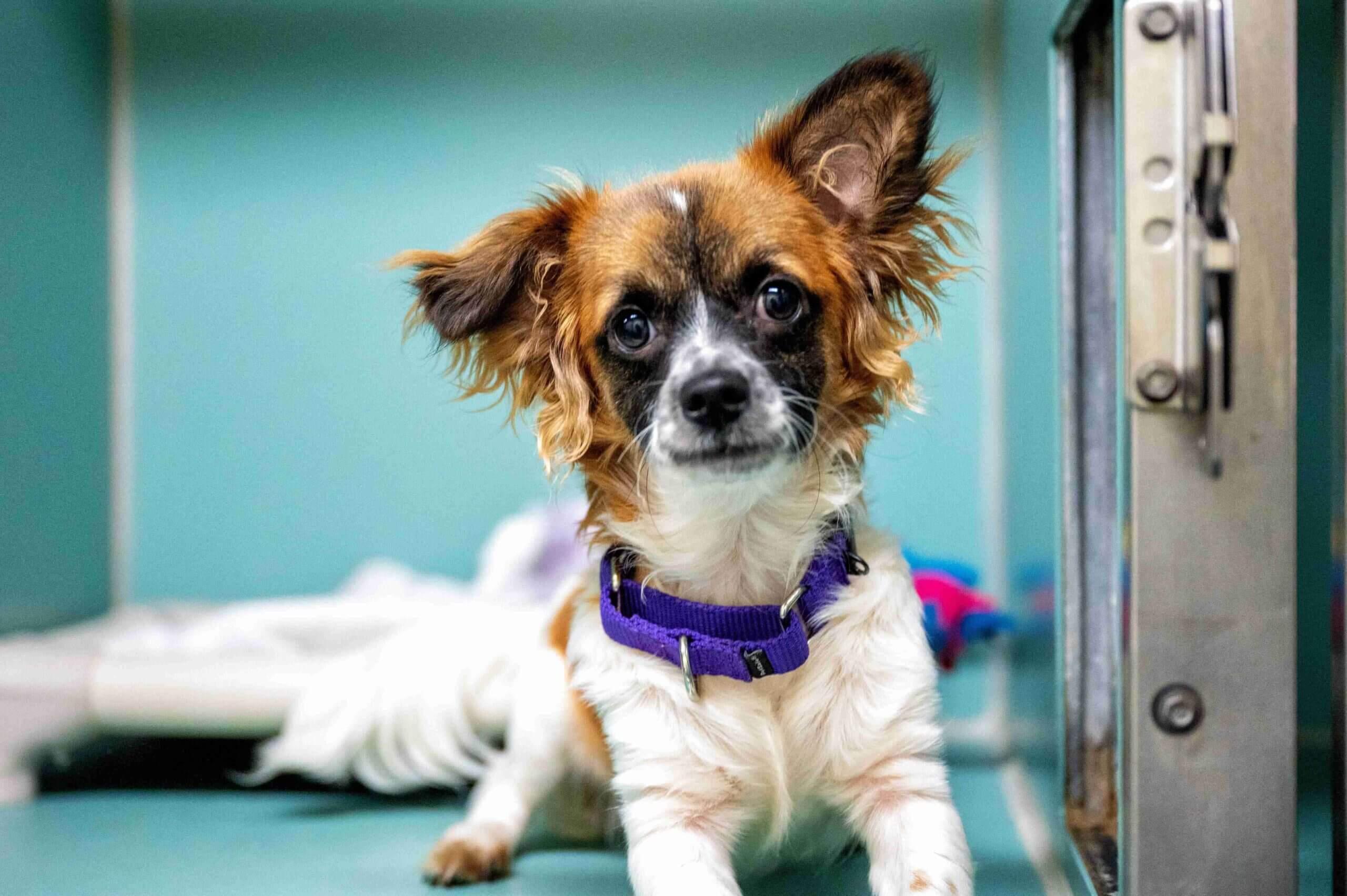
While ACC does not perform spay/neuter surgeries for people’s pets, our Community Pets Program can provide free spay/neuter appointments with our partners for your dogs and cats. We also offer low-cost spay/neuter resources and information. Contact us for assistance.
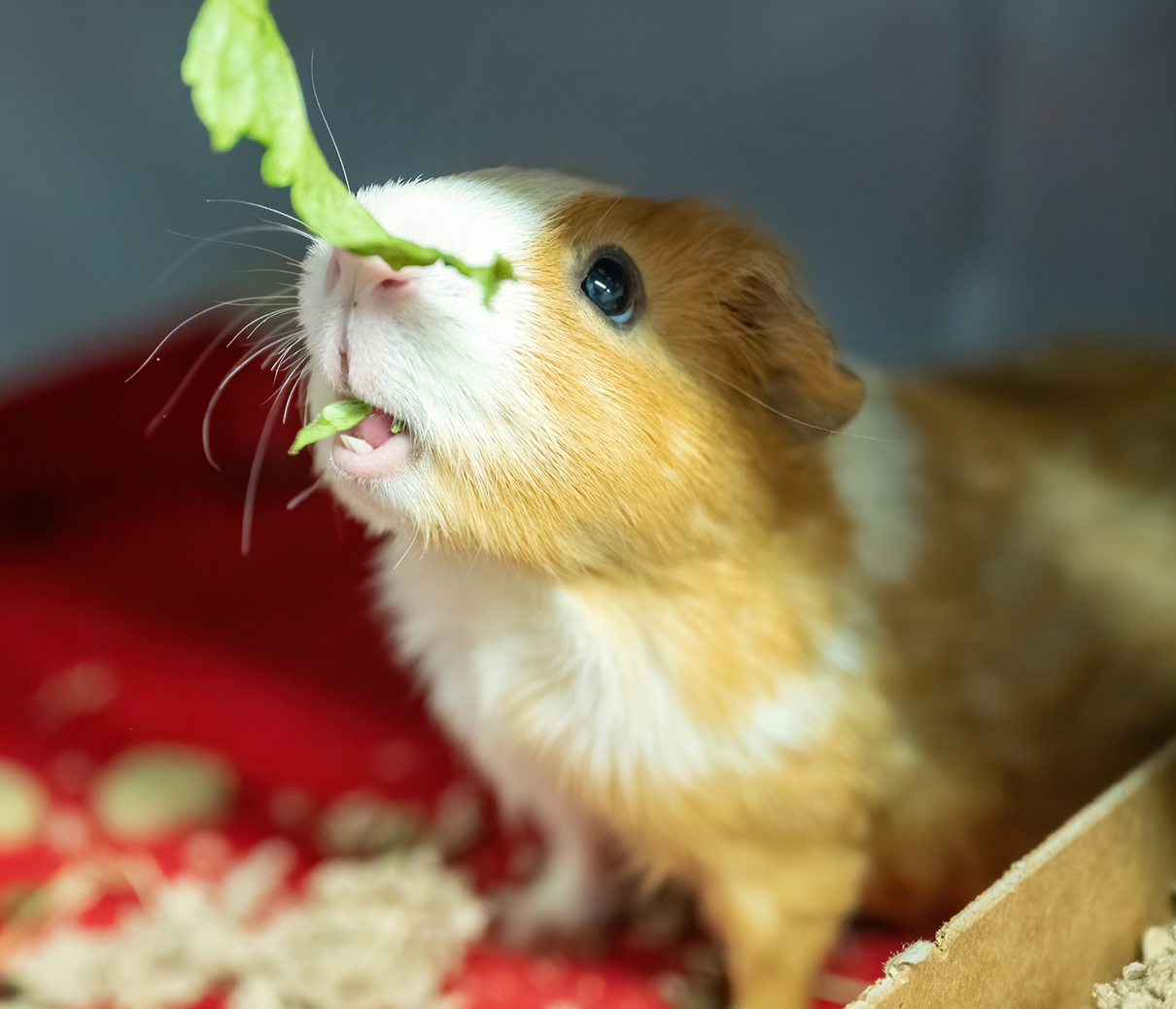
Is your landlord or housing manager saying you cannot keep your pet(s)? We can refer you to our tenant advocate for free assistance to help you with pet-related housing issues to help you keep your pets.
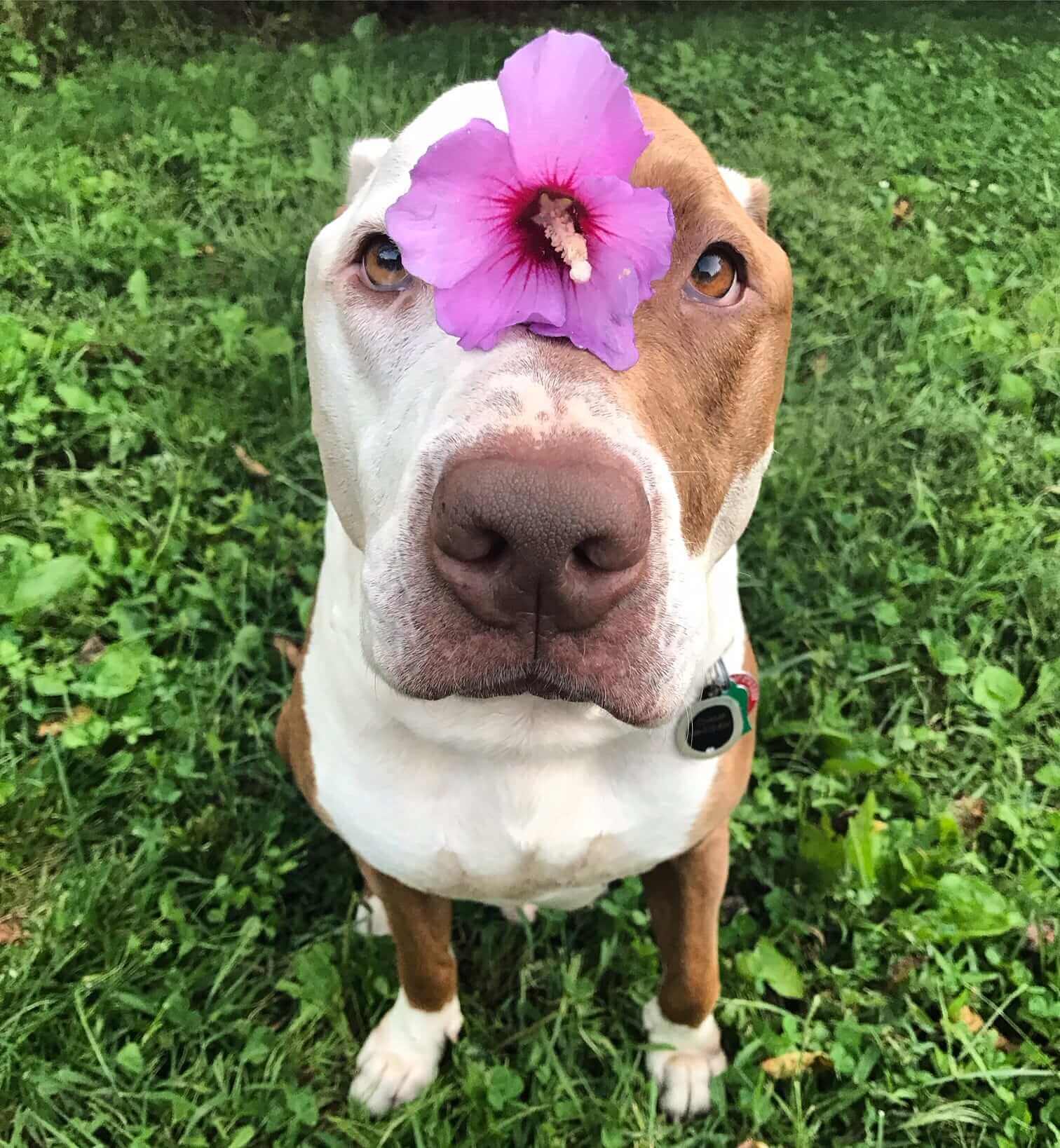
We are here to help you reduce allergies to your pet, provide general pet care information, and answer any questions you may have.
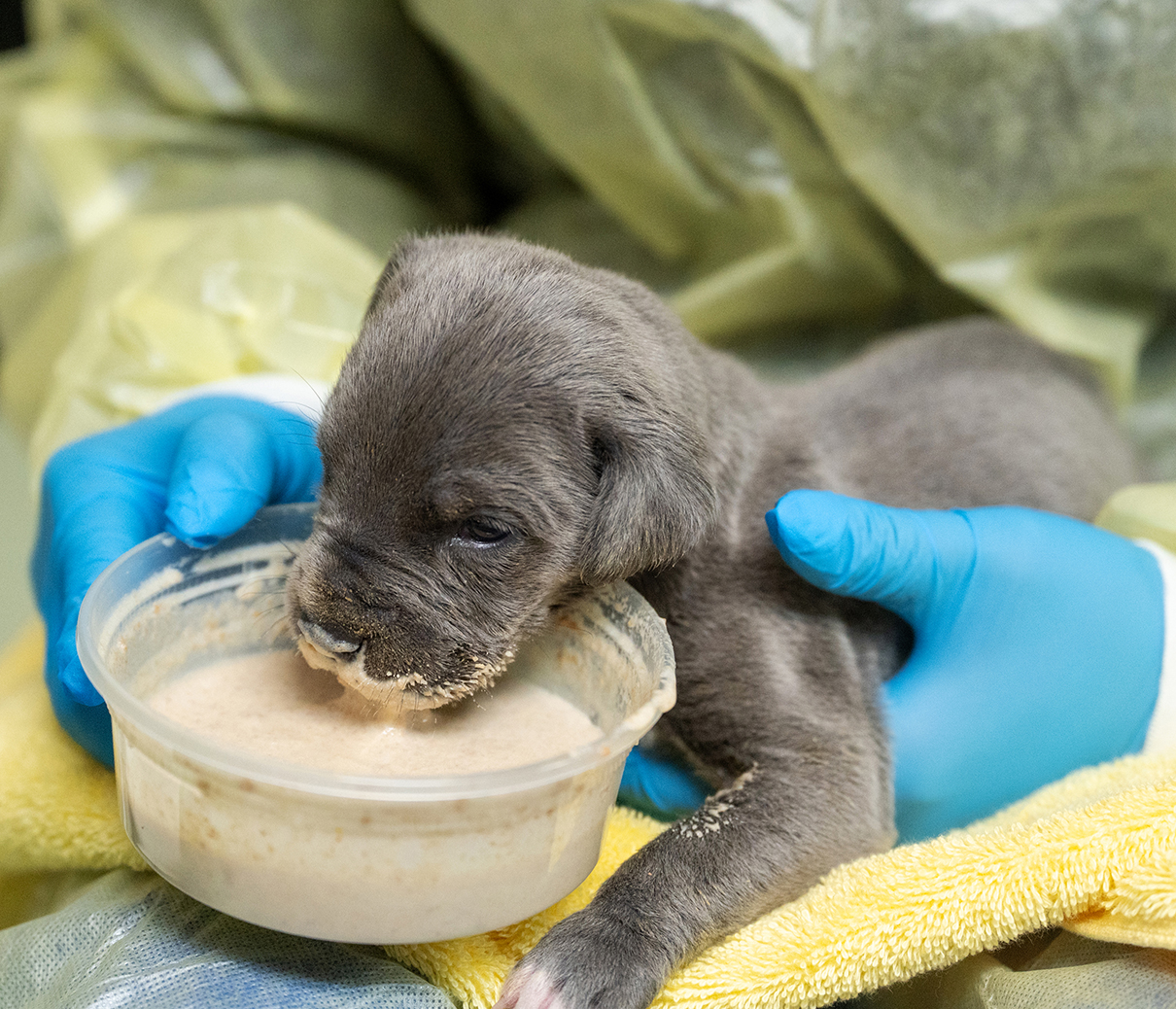
Community Pets has compiled a list of Low-Cost Vet Resources and Low-Cost Spay/Neuter Options around the city. Please note that these programs and organizations are not affiliated with ACC but rather independent resources for the community.